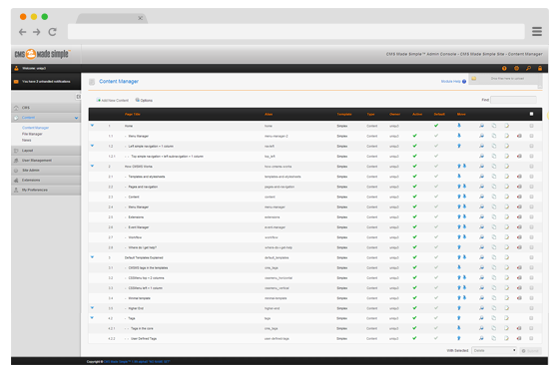The Art of Chai
Everybody has their chai preferences, but I like mine to be neither too strong nor too weak and milky. When the color my chai is the same as the color of my skin – the average Indian skin – I know I have got it right.
Method of Preparation
First things first, the product itself. I am biased towards Brooke Bond Red Label loose tea leaves. This is the most popular tea in India due to its richness. The difference between the Brooke Bond Red Label and Lipton Green Label (both are brands owned by the same company) is that while the former comes from tea gardens in Assam, the latter comes from Darjeeling. Green label is also more aromatic, so many people mix the two for the best of both. Yellow Label is different altogether, being milder than either of these.
I start by heating water, add my choice of flavoring right in the beginning. When it is about to come to a boil, I add the tea leaves. I use only half a teaspoon per cup. As soon as it boils and rises, I lower the heat and let it simmer for just about five seconds. Finally I add the milk and let it simmer for a few seconds more. This is because I dislike the “raw milk” taste. Another way to avoid this is by just using evaporated milk from cans.
Chai Flavorings
Although people like to combine two or more flavors in their chai, I prefer my tea to have only one. Some of the most commonly used flavorings are:
Ginger: A winter favorite, all you need is a tiny slice of ginger, either pounded or grated
Cardamom: One pod for 1-2 cups (depending on how strong you want it), pounded
Fennel Seeds (Saunf): One fourth of a teaspoon per cup of tea makes for a superbly aromatic blend, ideal for warm days
Tulsi: Also known as Holy Basil, tulsi adds a wonderful flavor. For more information on procuring tulsi, see below
Mint: A nice substitute for tulsi leaves
Cinnamon: Manish’s favorite, a half inch stick per cup is adequate
FennelLemongrass: A popular Thai ingredient that adds fresh citrus flavor
Spice Blend: Like I mentioned before, many people like a blend of various spices for their tea and grind up batches for daily use. The most popular blend contains five elements in equal quantities – fennel seeds (saunf), cardamom, peppercorns, cloves and cinnamon. This masala is so strong that you only need a pinch of it per cup of tea.
Chai Resources
Tulsi (Holy Basil) leaves are difficult to find in the US. Some Indian markets do sell Tulsi plants, but an easy way to grow your own plant is to buy the seeds from http://www.seedsofchange.com. Alternatively, you can buy Tulsi-flavored tea leaves from http://www.organicindia.com
Lemongrass can be purchased fresh or direct from Thai grocery stores. A couple of good online stores are http://www.importfood.com and http://www.templeofthai.com.




